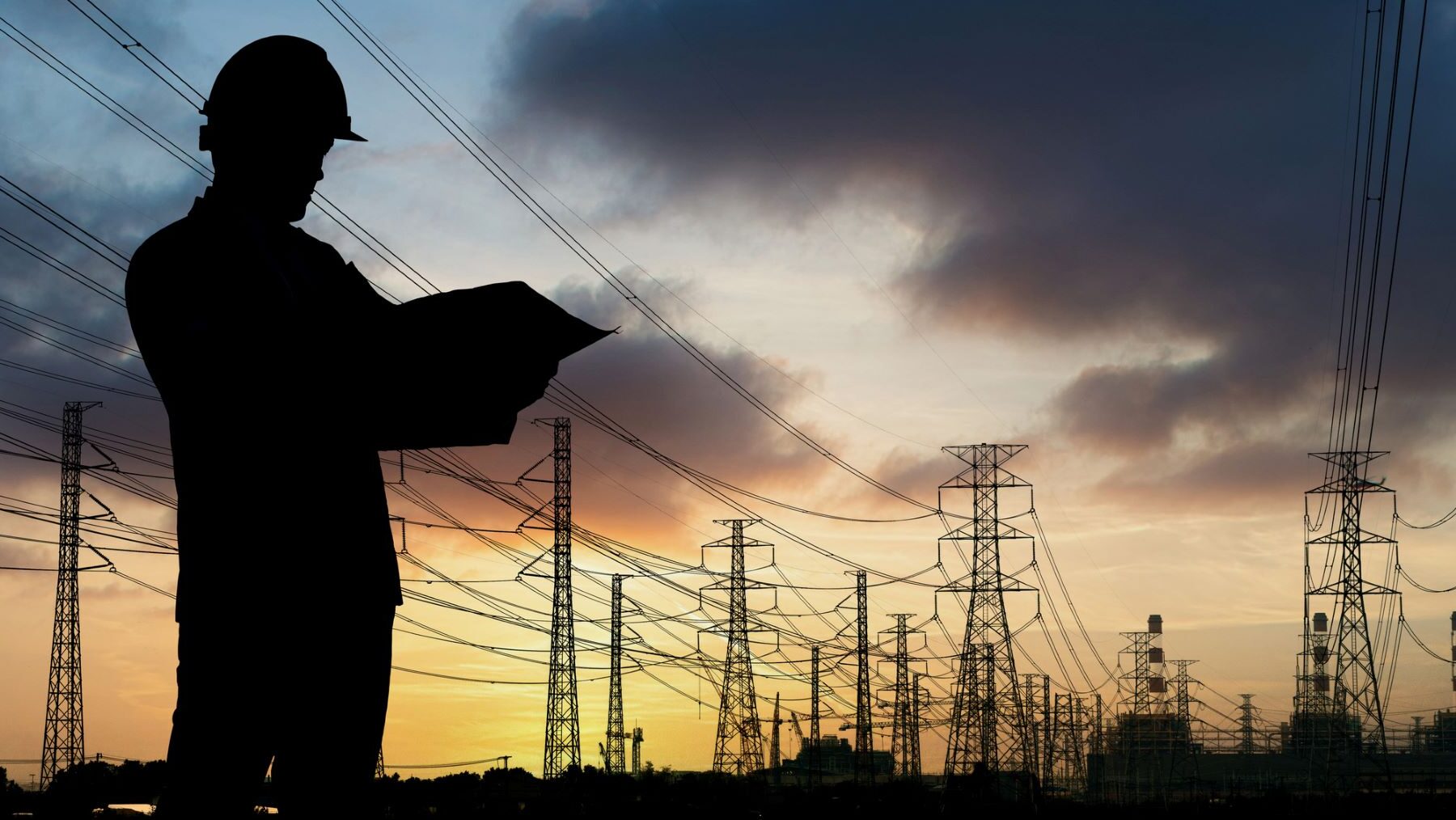The AT, The Association for the Energy Transition recently presented observations that will be key to be applied to the compensation methodology that will be imposed on the transport of electrical energy in the coming period 2026-2031.
The Association for the Energy Transition (AT) submitted a series of comments to the public consultation on the revision of the methodology for calculating the compensation for the activity of transporting electrical energywithin the framework of the next regulatory period 2026-2031, highlighting the need to implement structural reforms that guarantee efficient and flexible development of electrical networks, essential for the energy transition.
In its contributions, the association emphasizes that electricity transmission and distribution networks are the most important “touchstone” of the energy and digital transitionwhich plays a fundamental role in the integration of renewable energies and in the flexibility of demand.
Key observations from the ATE
Without strengthening these networks, the organization warns ATthere is a risk postpone electrification and halt strategic decarbonization projects in Spain. Among the key comments made by the association in this public consultation are:
- Flexible and agile planning: The ATE proposes to carry out a periodic review of the network planning every two yearswith the aim of responding more quickly to connection needs, both for the generation and consumption of electricity.
- Pre-investments: The organization AT underlines its necessity anticipate the necessary investments for the electrical systeminstead of managing each request individually.
- Abolition of the legal investment limit: the need to modernize and expand electrical networks by abolishing current legal restrictions in investments that would allow us to meet the challenges of decarbonization and definitive modernization of the electrical system.
- Predictable reward framework: ATE calls for the need to simplify the remuneration framework and make it more stableby adapting it to the new challenges brought about by the energy transition, and ensuring fair and competitive profitability for companies in the sector that adequately reflects the associated costs and risks.
According to the ATE’s analysis, it is estimated that Spain will need a cumulative investment in networks and electrification of more than 55,000 million euros until 2030 to achieve the decarbonization targets of the National Integrated Energy and Climate Plan (PNIEC); while adds without agile planning and a reward framework encourages these investments, the country could lose important industrial and economic opportunities.


Finally the AT emphasizes that the country is at a crucial moment when the foundations must be laid to impose an energy model that is sustainable and competitive. At the same time, it reiterates its commitment to actively work with the authorities and the private sector to ensure that national electricity networks are resilient to the challenges the future will bring.

